Ghadir International Scientific Meeting with the Presence of Thirteen International Figures
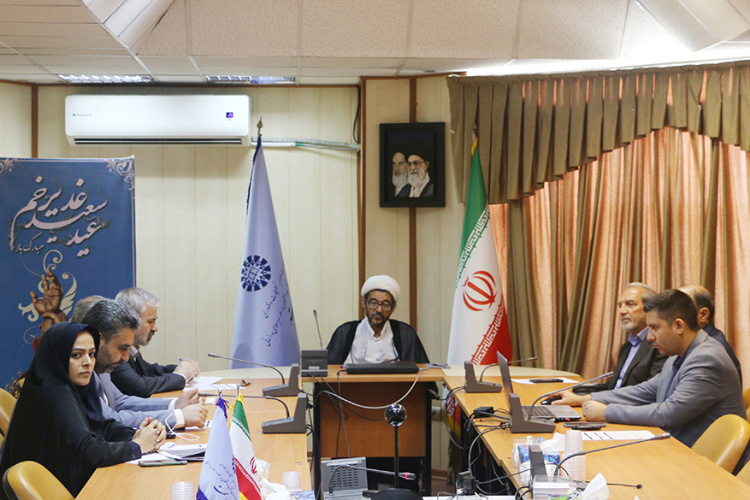
According to the report of SAMT's Public Relations Department, Ghadir International Scientific Meeting was held on Thursday, July 6, 2023, by the attempts of SAMT's Department for International Cooperation in Scientific Affairs.
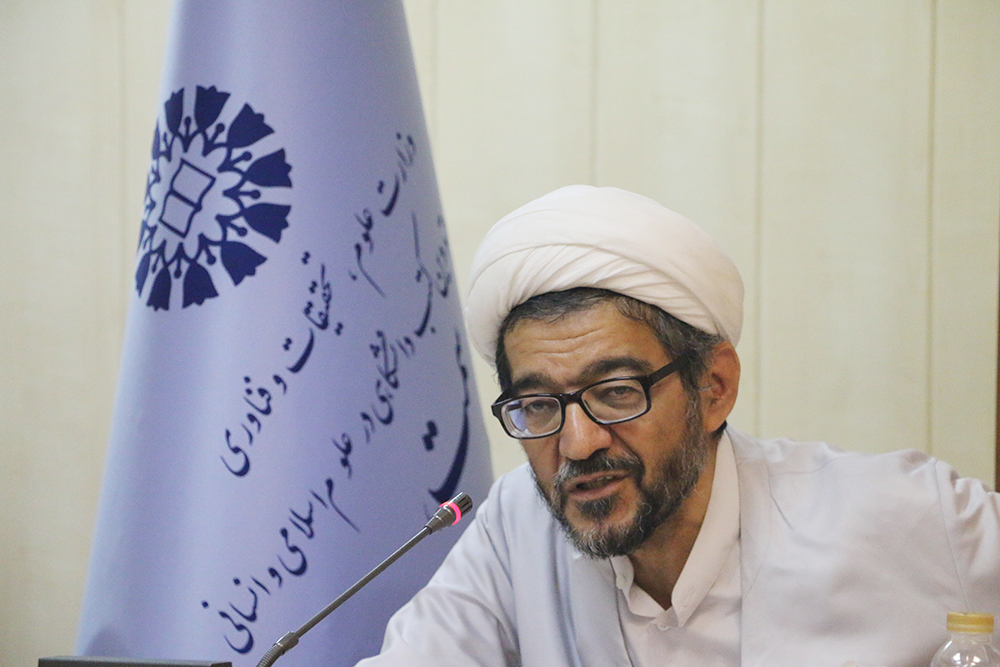
Dr. Davood Mahdavizadegan, Head of SAMT, in the opening speech of this meeting congratulated the audience on Eid Al-Ghadir. He said that dealing with the history of the early days of Islam is a factor in creating unity among the Islamic Ummah and added: SAMT, taking advantage of this opportunity, organized the present meeting to investigate the research areas that have been neglected in studies about the great event of Ghadir, and also to provide an atmosphere for joint cooperation in producing academic works.
Then, Dr. Alikber Alikberov, Director of the Institute of Oriental Studies of the Russian Academy of Sciences, pointed out the fields of study and research in Russia that are suitable for Islam and Iran, and added that the recent excavations in the Darband region of Russia, which led to the discovery of the artifacts of Sasanian and Islamic eras can be considered as the basis of joint researches and presenting a research book.
Dr. Hamid Hadavi, Head of Ibn Sina Islamic Studies Foundation of Russia, as the last speaker of the opening section, said: Some people have a purely religious-historical view of the character of Amirul Momineen Ali (peace be upon him) while his character has a civilizational impression in the Islamic world, not limited to Shias. Dr. Hadavi explained this influence on Islamic civilization by giving numerous examples from Sufis of different regions of the Islamic world and added that the Foundation has focused on reading mystical and Sufi texts during fifteen years of research, while trying to pay more attention to Shia studies.
Dr. Hamid Shahriari, the head of the World Forum for the Approximation of Islamic Religions, was the first speaker of the second part of this meeting. He emphasized that all Muslim intellectuals, both Shia and Sunni, agree on the general principle of "Whoever knows me as his leader, Ali is his leader too" and added: The enemies' claims about projects such as Shiaization and Iranization are nothing but accusations. He went on to give examples of the love of Ahl al-Sunna towards Ahl al-Bayt. He, who is also a faculty member of SAMT's Institute for Research and Development in the Humanities, added: Avoiding religious differences and paying attention to the unity of the Islamic Ummah is rooted in the life of Amirul Momineen Ali (peace be upon him), and as recorded in history, he was an advisor to the caliphs because he considered "the Principle of protection of Islam" as the basic Principle.
Professor Syed Ainul Hasan, the president of Maulana Azad National Urdu University, Hyderabad, pointed out the spiritual influence of Amirul Momineen (peace be upon him) in the Islamic world, and said that the naming of "Hyderabad" is due to the interest of the people and residents of that region to Him as Hyder (peace be upon him), and emphasized that Amirul Momineen's written legacy remained in the form of Nahj al-Balagha, a source book for people in different eras.
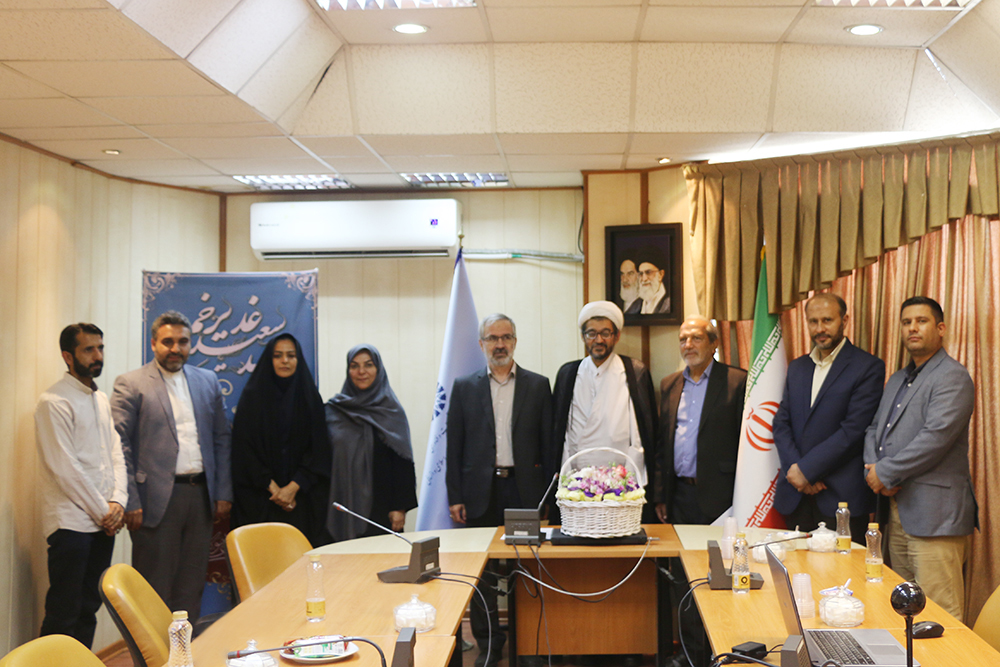
Professor Mohammad Hasan Zaraghat, a professor of Islamic jurisprudence and education, and a faculty member of Al-Mustafa International University, Beirut branch, in his speech raised the issue that among the Sunnis, two people significantly opposed "Ghadir's hadith" and questioned its validity: 1) Ibn-e Abi Dawood Sajestani, and (2) Ibn-e Taymiyyah; The former has been identified as a liar by his father. Regarding the claim of the latter, many researches showed that this hadith is correct and have strongly rejected those who claim that the hadith is not properly valid.
Dr. Ismail Ibadullin, the senior researcher of Shahabuddin Marjani Institute of History, from Tatarstan Academy of Sciences, was the other speaker of this scientific meeting. He said: One of the characteristics of the popular Islam is "incorporation", which causes ideological boundaries to disappear, and sometimes religious confrontations also disappear completely in this type of Islam. Popular Islam though did not follow religious logic, theological norms or the criteria of ideological schools, it undoubtedly became an important channel and the main method of positive interaction between Shia and Sunni ideas at the level of public culture, and there we see a combination of elements that even prominent Islamic scientists and thinkers could not combine them using scientific and rational methods.
Dr. Nabil Talib Halbawi, scientific vice president of Hazrat Rughiya Center of Balad al-Sham University, from Syria, gave a speech on the topic of "Ghadir and explanation of governance indicators". He introduced four indicators, the epistemological, referential, functional and executive indicators, and explained each one by referring to Quranic sources, traditions and historical sources. According to him, "time, place, and climate", as three contextual features in the announcement of "Ghadir Message" indicate the importance of this event, and "witnesses of the event" and "the commemoration of this event" are considered as executive indicators.
Dr. Mohammad-Ali Fatholahi, Head of the Institute of Political, International and Legal Studies, gave a speech about "Ghadir's message for religious democracy" and said: In the ten years of the Prophet's presence in Medina, a government was established that had nothing in common with other governments of that period. During the reign of the Prophet of Islam, the people were not separated from the ruling class and were influential in decision-making, while some expected the Islamic government of the Prophet's era to be like the governments of Caesar and Kasra. In this perception, the separation of the people from the government would have occurred. Therefore, exactly with the knowledge of this attitude and approach, the Ghadir event confirmed the continuation of the prophetic rule in the Alavi government.
Dr. Mohammad Hassan Akhlaghi, a member of the Darul-Hikma Higher Education Center, from Afghanistan, presented his speech on the topic of "Ghadir as an axis of Islamic unity" and said: Just as the Holy Quran and the Prophet are the axis of Muslim unity, Ghadir is also a unifier among Muslims. The Prophet, according to God's command, was tasked with enlightenment. If the society of Prophet's period needed enlightenment, the people of the post-Prophet's societies will certainly need it more. This is precisely the reason why Amirul Momineen repeatedly let people to ask him questions in order to reach enlightenment, a spirit that other caliphs lacked.
Arman Berbrats, a researcher and scholar of Quranic sciences, from Bosnia and Herzegovina, gave a speech on "The role and position of Amirul Momineen in the formation of Islamic civilization". He listed 7 important indicators in the civilizational life of Amirul Momineen: 1) Ethics; 2) self-esteem and human dignity; 3) freedom; 4) justice; 5) human rights; 6) economy; 7) unity and solidarity. He explained each of these cases and in the explanation of "economy" index, he added: During the reign of Imam Ali(PBUH), all the people were prosperous enough to have food and drinking water.




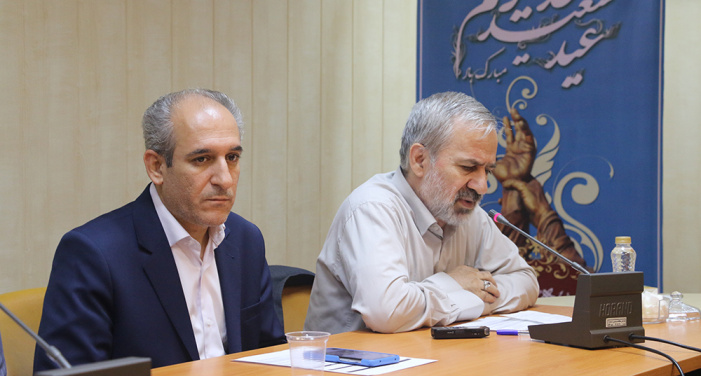
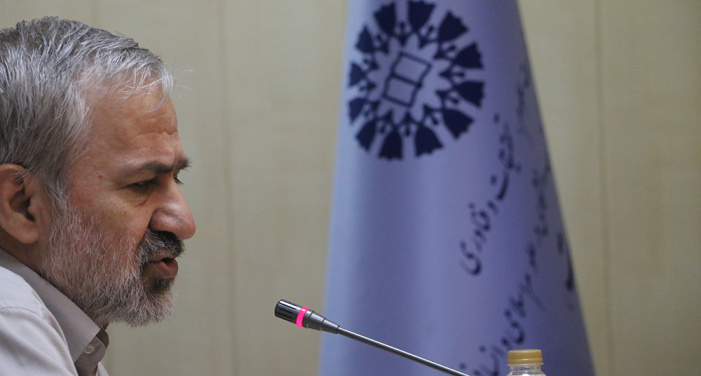
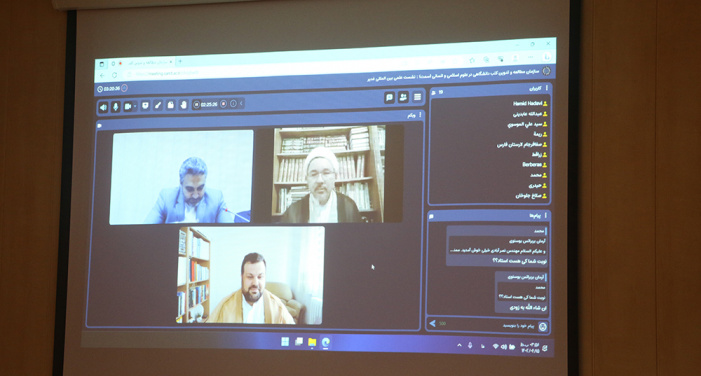
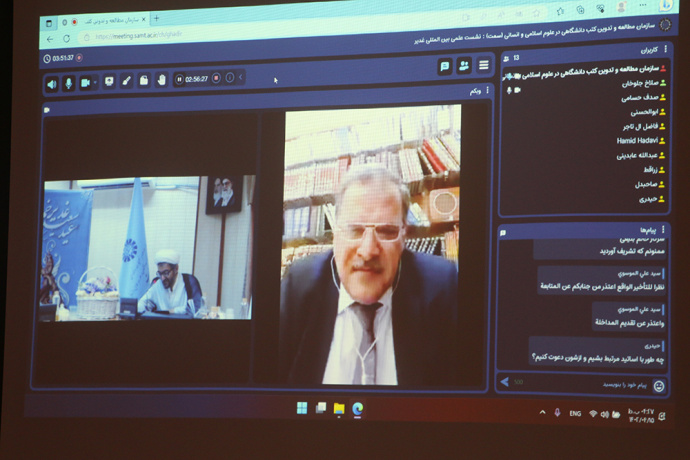
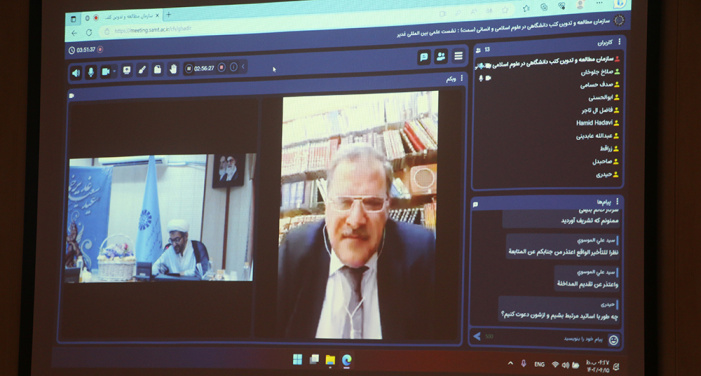
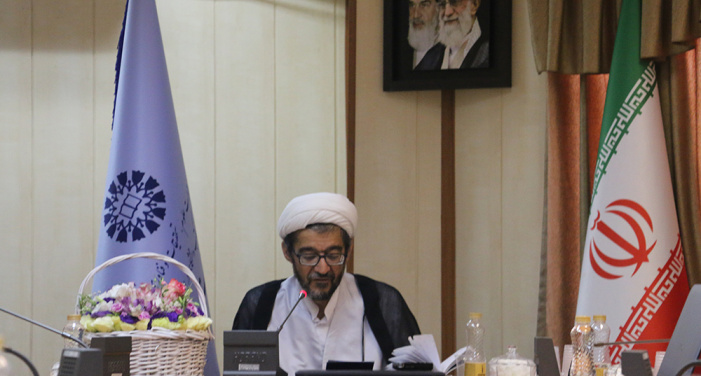
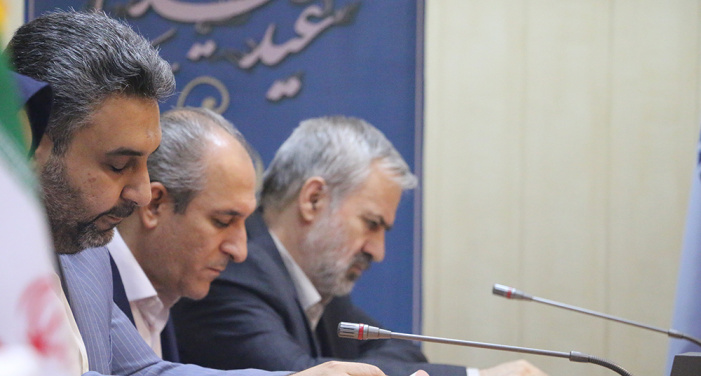
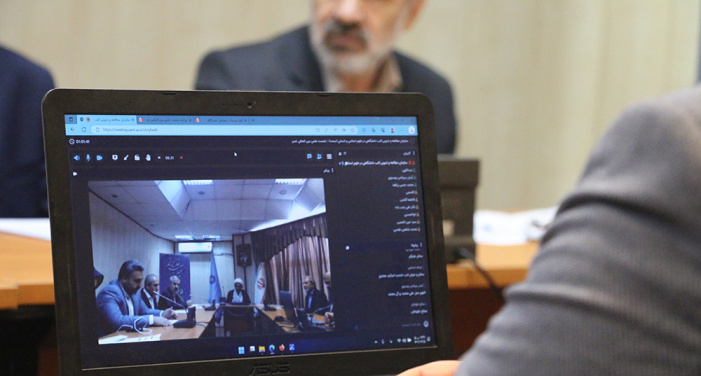
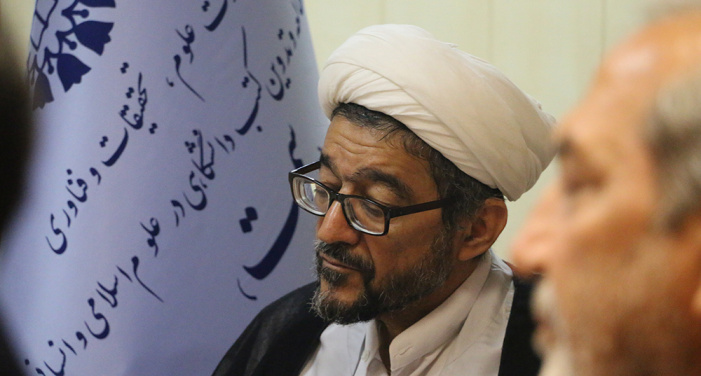
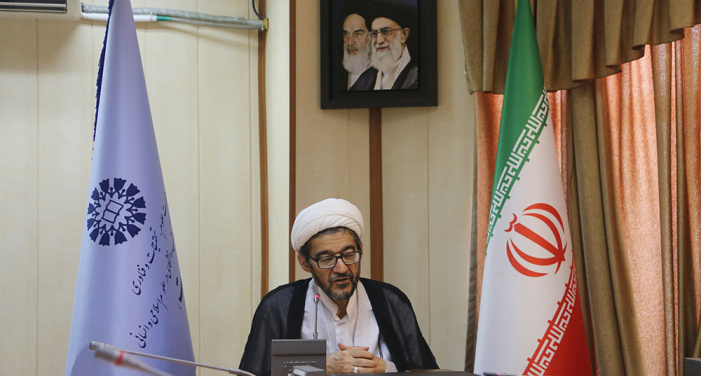
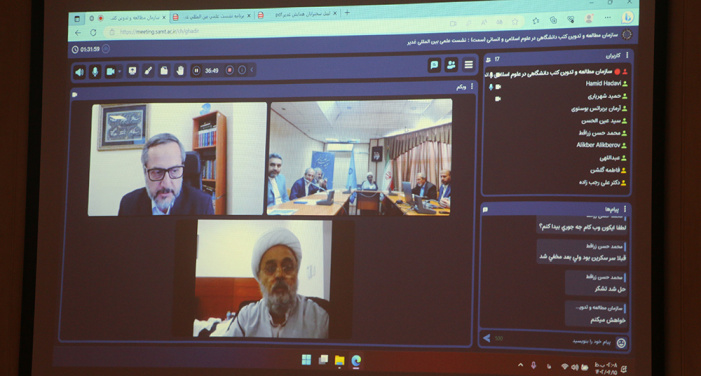
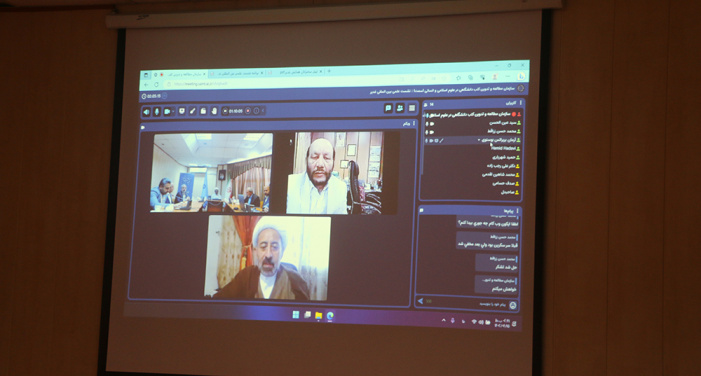
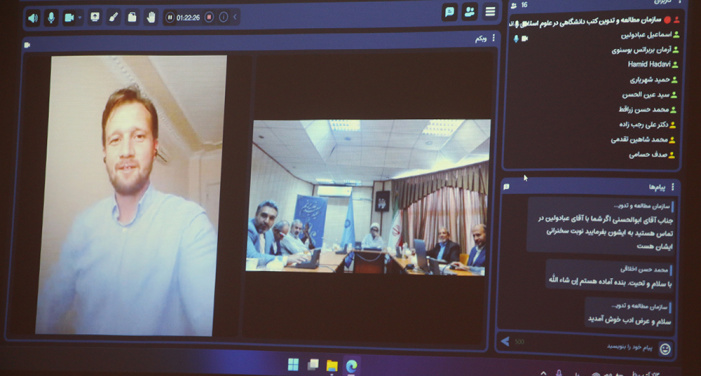
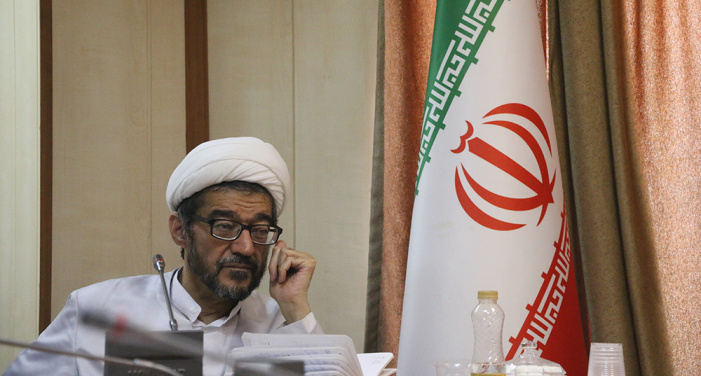
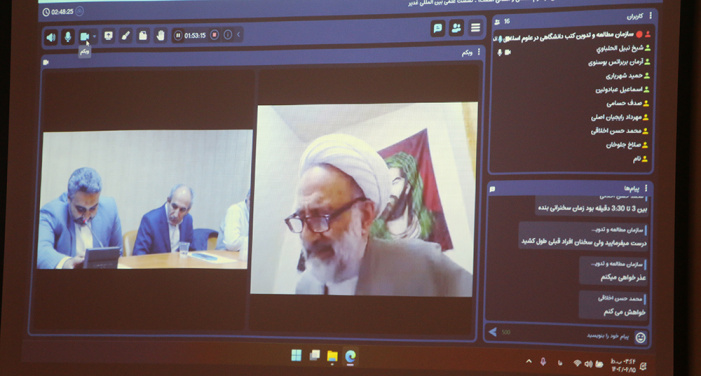















Your Comment :